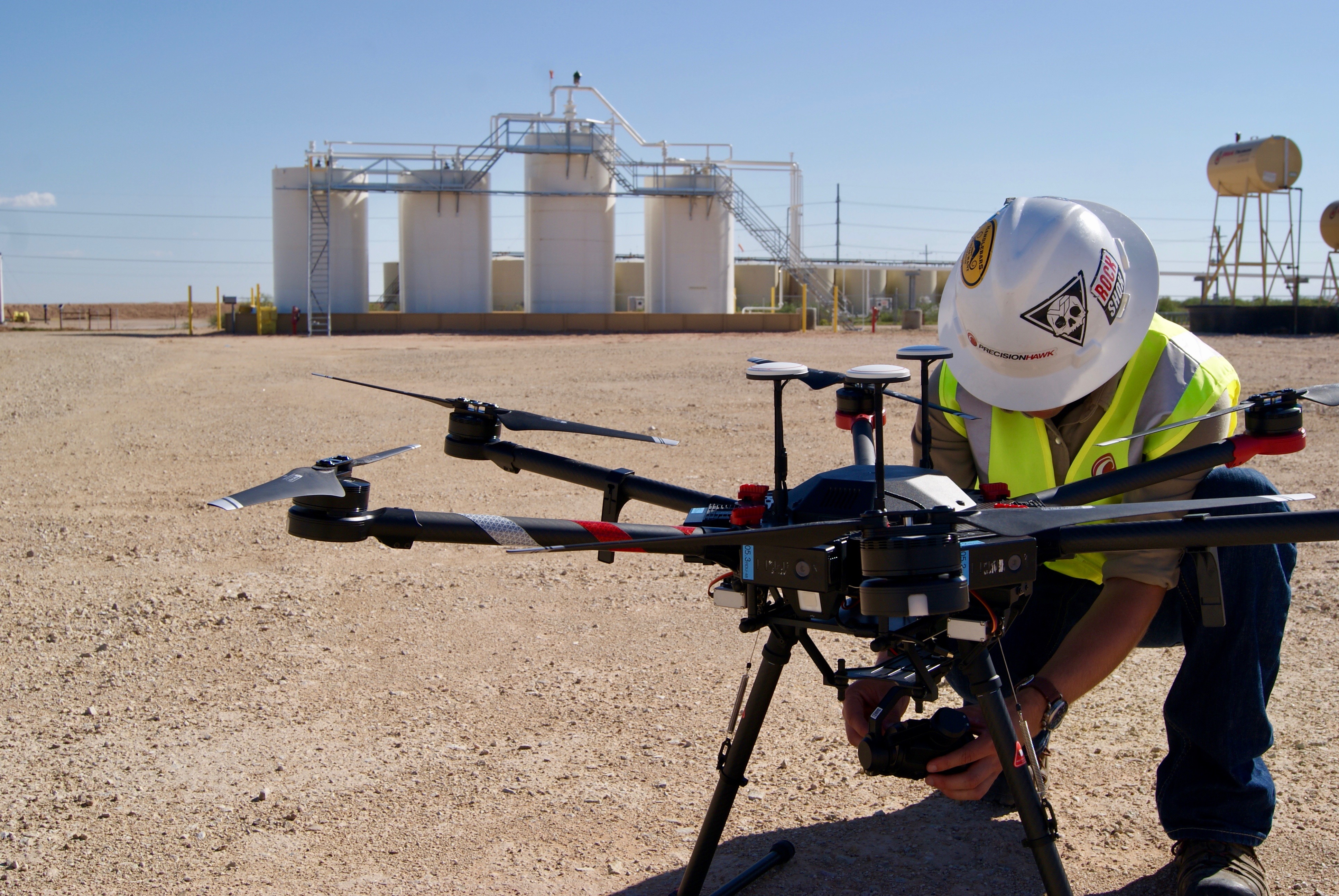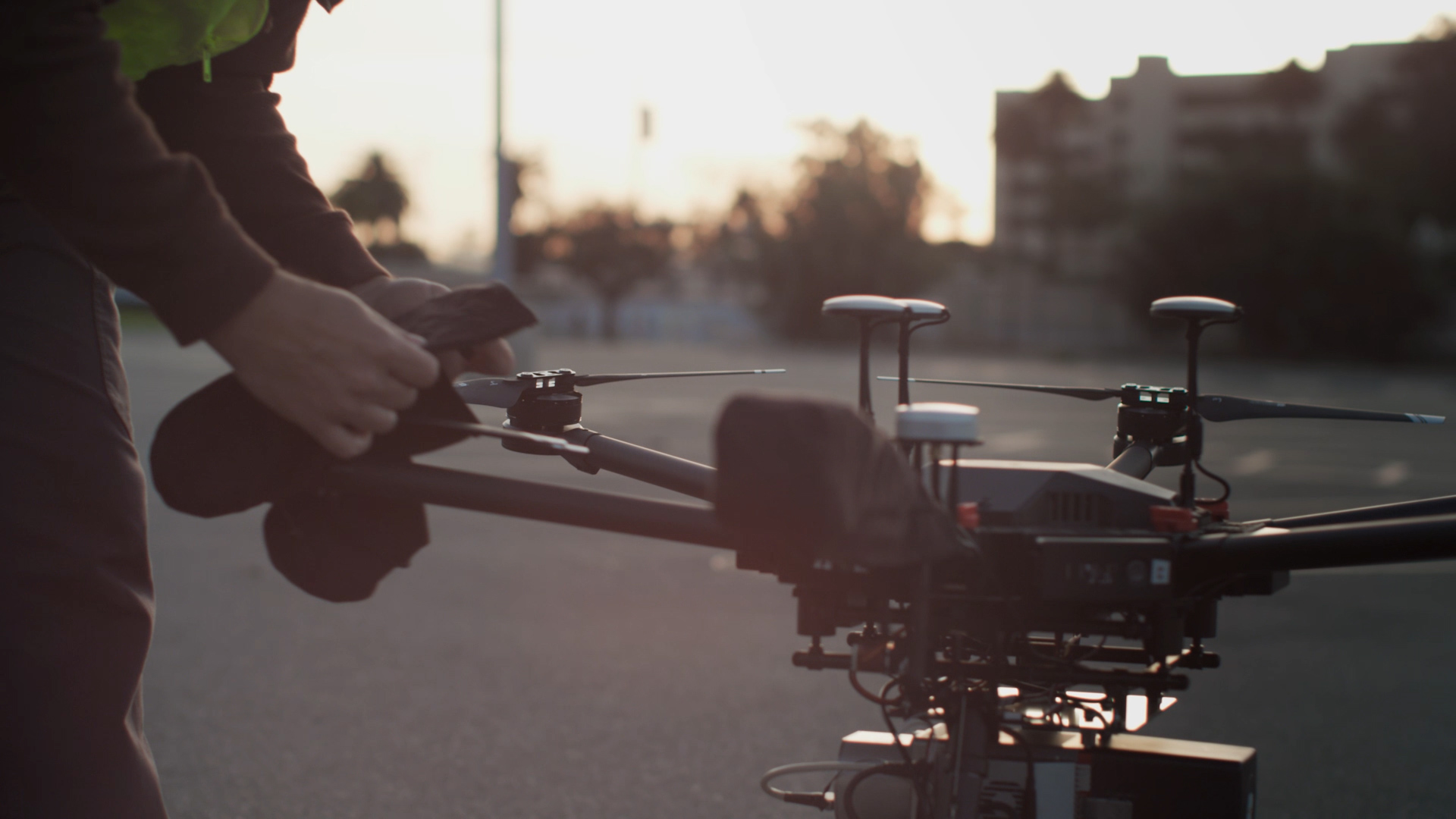The following is an excerpt from “Making a Successful Business Case for Drone Technology,” a whitepaper that provides guidance for developing a business case that articulates the problems with the current situation and demonstrates the benefits of drone technology. Download the full whitepaper to learn how to develop your own business case for drones.
How Do Drones Support Your Business Goals?
A strong business case for investing in drone technology meets four criteria. First, it outlines how this technology supports your business’s goals and strategy. For example, if your company is looking to improve asset uptime or performance, your business case must show how drones improve upon that. Part of the prep work involves getting to the bottom of what drives value, and then quantifying those values and connecting them to the benefits drones bring. For example, most business cases determine the time-phased net cash flow impact, the ROI, and the payback period of using drones and the data they capture to lower the cost of inspections and improve asset utilization.
Restated, your business plan needs to prescribe a clear plan for achieving positive ROI. Calculations need to be clearly visible in a spreadsheet where stakeholders can add to or even challenge assumptions. To offset challenges, you will need to validate and benchmark current costs. This data comes from actual inspection work orders, invoices, internal pay scales, etc. Additionally, you will need to state the ROI in your company’s terms. For example, if your company evaluates capital budgeting by internal rate of return (IRR), you will need to state it that way. Generally speaking, the higher a project’s internal rate of return, the more desirable it is to undertake.

What Are Your Resourcing Needs?
Second, a strong business case frames resourcing needs. Resourcing needs vary by industry or company, but typical roles that apply in most cases where drones are added to or supplant existing processes include the following:
- UAS / drone pilots
- Training specialists
- Data service subject matter experts
- Data services scientists
- Data services analysts
- Account manager / project manager
- Consulting services / subject matter experts
Risk Assessment
Third, your business case contains a risk assessment that summarizes how significant risks and opportunities will be managed. The risks should include those that could arise from your organization’s ability to drive and deliver change, and your assessment should answer questions like:
- What risks are involved with using / not using drones?
- What are the consequences of a risk happening?
- What plans are in place to deal with the risks?
You many even consider including a risk log. A few key risks to consider:
|
Risks |
Downside |
Mitigating Strategies |
Benefits |
|
Delays or failure in “passing” R&D or pilot program |
Sunk cost and time |
Execute well-tested applications or close derivatives thereof; work with an experienced vendor |
Costs associated with hardware and software development in drone-based sensing can be much less than other sensing methods, such as IoT or satellite |
|
Drone hardware failure causing a crash |
Damage to property and assets; injury |
Follow strict flight safety procedures; manage inventory and perform routine maintenance |
Compared to manned aircraft or climbs by workers, the likelihood and extent of damage or injury caused by drone failure is orders of magnitude less |
|
Data breach; systems vulnerability |
Theft or loss of data; systems disruption |
Follow strict data security protocols and processes; modify firmware to create “air gap” |
In the strictest environments, drone hardware and software can be modified to establish an “air gap” between the platform and the internet |
Plan for Change
Fourth, a strong business case includes a description of and a plan for what processes and workflows might change. As a relatively new technology, drones require some unique considerations. Not all companies adopt new technology without friction or resistance, so your business plan should include a change management approach that ensures changes are implemented smoothly and successfully.
Download our white paper “Making a Successful Business Case for Drone Technology” to read more.



